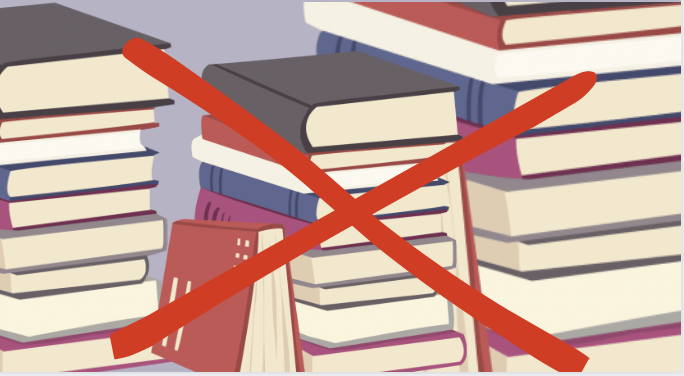
Thousands of books on homosexuality banned in the USA to avoid indoctrination, Africa should do more
In the USA, thousands of books were banned in 20231 (and before) for misinforming their society, especially children. Parents, community leaders,academics and politicians have initiated and supported these bans. Most of the books have characters who are homosexual (gay or lesbian) or in Global North terminology, they are LGBT (meaning lesbian, gay, bisexual and transsexual). These books promote sex or gender ‘change’, sex or marriage of men and men and sex or marriage of women and women. The books are usually written by LGBT writers, advocates or organisations and often have images or text that is sexually explicit. They are banned from school and public libraries, and removed from syllabi. The trend of banning books is increasing. Bans are common in other Global North countries but they are more prominent in Asian countries, including China.
A major reason for banning such books is to make sure that children and young people, whose brains are still growing, are not exposed to the lives and aspirations of gays and lesbians. Often, the authors of the books exaggerate the experiences of gays and lesbians, with a view to change minds – not only in their cultures and countries, but globally. All this is done hiding behind the language of choice, exclusivity, diversity, being a ‘rainbow’ society, acceptance and non-judgement.

Banning such books from being written, imported or donated to Africa is a key lesson for Africa from what the USA is doing. This should not be difficult, given that many of our countries have laws, institutions (including the family) and philosophy that prohibit homosexual practices. When selecting books, book chapters, journals or other sources, it is important to scrutinize them so as not to bring in the library or course outline those that go against the values of Africa. If there are already books or journals that promote these practices, then they should be removed from libraries or course outlines. If you are receiving book donations, make sure you check as well because donors hide their values in donations. Donations are not valued free, and are not always humanitarian. There is a trend in the west to dump unwanted, banned and rejected goods in Africa, such goods include literature.
The most sustainable plan would be for Africa to publish its literature, and if it has to import literature, it should ensure that it imports the same amount of literature it is exporting, and more importantly, not import literature that does not fit into its value system. Tanzania is already banning such books, Nigeria and Kenya are banning too.
1The Guardian Australia/Shaffi, S. Calls to ban books hit highest level ever recorded in the US. The Guardian Newspaper. 25 April 2023.
Use the form below to subscibe to Owia Bulletin.
Discover more from Africa Social Work & Development Network | Mtandao waKazi zaJamii naMaendeleo waAfrika
Subscribe to get the latest posts sent to your email.




You must be logged in to post a comment.